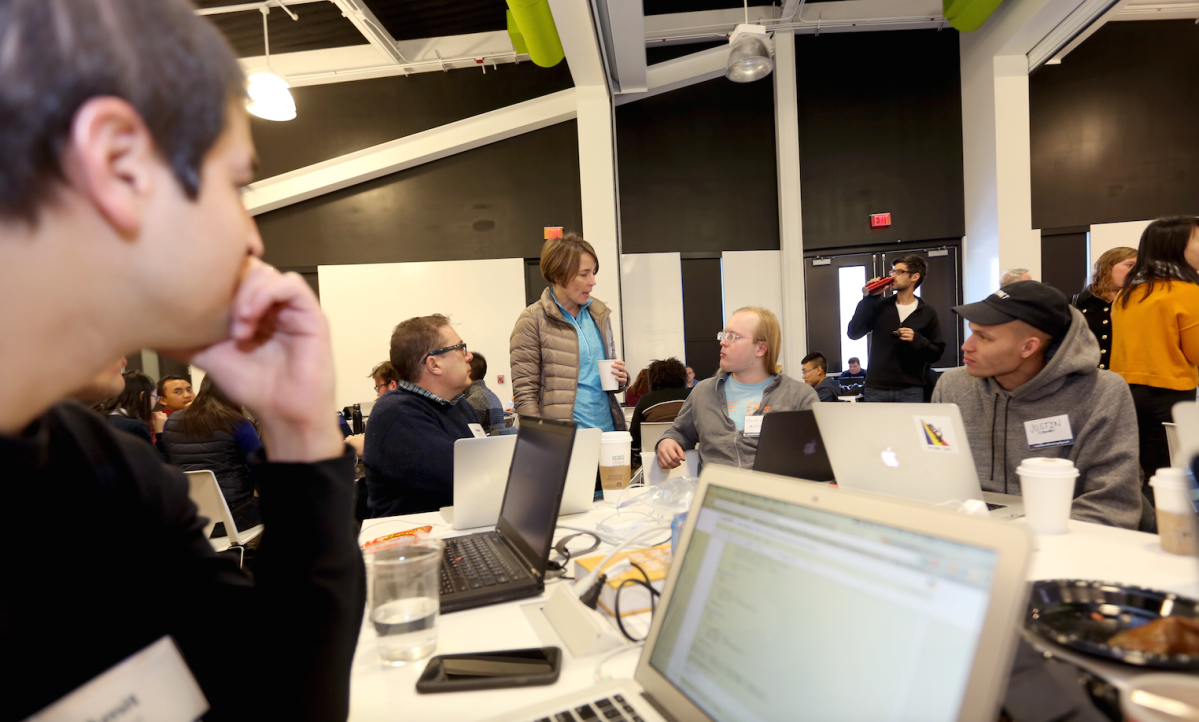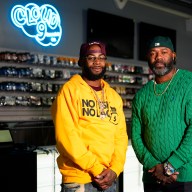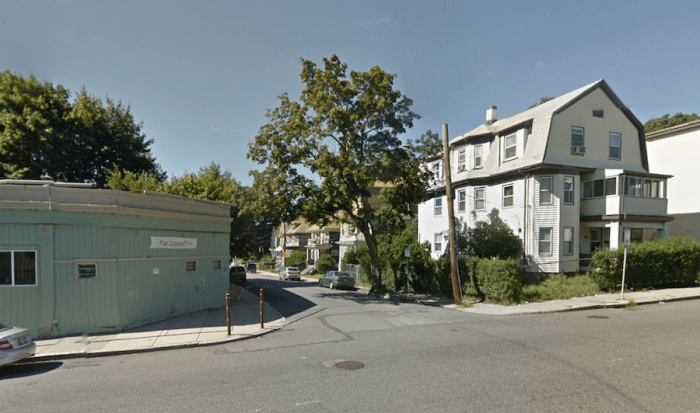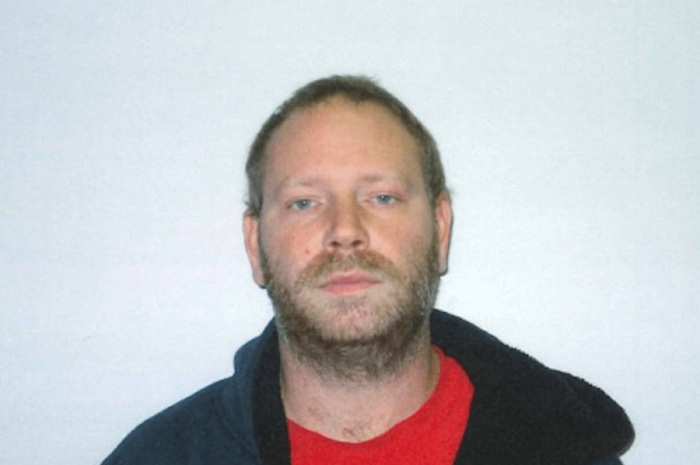A crowd of around 100 volunteer techies and developers from Boston and beyond spent the weekend typing away at District Hall in the Seaport, sorting data and building tools for police and community members. Their goal, organizers said, was to use technology to fight back against a human trafficking industry that has moved from street corners to the shadowy and hard-to-track world of message boards and the online black market. “We can’t begin to keep up with it. Why? Because so much of it is all on the Internet,” Attorney General Maura Healey said in a speech to the crowd there for the Thomson Reuters’ Data Innovation Lab-sponsored hackathon on Sunday. The two-day event split programmers into several groups, each charged with coming up with tools cities might use to identify human trafficking hotspots or track buyers who might otherwise avoid law enforcement. RELATED: Boston building for the virtual reality boom
“We need digital tools to detect it, prevent it and bring predators to justice,” Mayor Marty Walsh said in a speech. “That’s where everyone in this room comes in.”
In the past, the city has also hosted hackathons – collaborative bursts of coding, usually under one roof and over a limited number of hours or days – on topics like parking. Human trafficking was among topics discussed during Walsh’s trip to the Vatican to visit the Pope. In one room on Sunday, Nimit Sawhney and a team of a half-dozen or so hackers around a cluster of laptops were creating a platform to sort through arrest data and collect anonymous tips about suspicious activity. The program-in-process could help police make decisions about the streets, parking garages, hotels or other areas in need of more surveillance, said Sawhney, who during the workweek is co-founder and CEO of online voting company called Voatz. RELATED: Convictions affirmed in state’s first human trafficking conviction “Some of that data is already out there,” said Ari Tal, another member of Sawhney’s hackathon team and a data scientist at FIS Global in Burlington, Mass. “We’re just creating new ways to aggregate that data.” In another corner, a group of two was drawing up plans for a program that could let companies know how many of their computers are being used to access sites for soliciting sex.
“Our tech will pinpoint … where this is occurring,” said Carl Bryant, a Texas-based Thomson Reuters employee.
That data could inspire businesses to train employees on sex trafficking, or get them to find and hold accountable employees who pay for sex, said Catherine Manney, of Seattle-based Businesses Ending Slavery and Trafficking, who was working with the duo of hackers. RELATED: Nude boxing in New York leads to sex trafficking charges Overall, the hackathon’s focus was on demand – the customers of the sex trade, rather than on the sex workers and other victims of it.
In that way, it’s part of an important shift, said Cici Gordon of the locally based group Demand Abolition.
“We’re really hyper-focused on understanding the role that the buyers play in perpetuating the harm,” Gordon, who was there for the event, told Metro. “The fact of the matter is if you get rid of the demand, there won’t need to be any supply.” Update Monday, Jan. 25 at 12:50 p.m.: Metro neglected to report a significant backlash to the hackathon and the work of the government and nonprofit groups involved in fighting back against human trafficking as it relates to sex work. Many identifying as sex workers or supporters of sex workers said the campaign might do more harm than good or that sex work ought to be decriminalized. Metro has contacted the Mayor’s Office for a response. This story has also been edited to remove a term identified by a reader as an offensive slur.
Update Monday, Jan. 25 at 5:20 p.m.: Mayor Marty Walsh’s office has responded to criticism leveled against the hackathon, issuing the following statement:
Hackers team up in Boston to fight human trafficking

Nicolaus Czarnecki/Metro
“Humantraffickingis a criminal business built on exploitation and abuse, and in the City of Boston we are building a movement to end it,” said Mayor Walsh. “Our multi-faceted approach to endinghumantraffickingspans from targeting those eliciting these illegal services on the streets of Boston to those on the Internet.Humantraffickingis ahumantragedy and we must do everything in our power to put an end to it in Boston.”


















